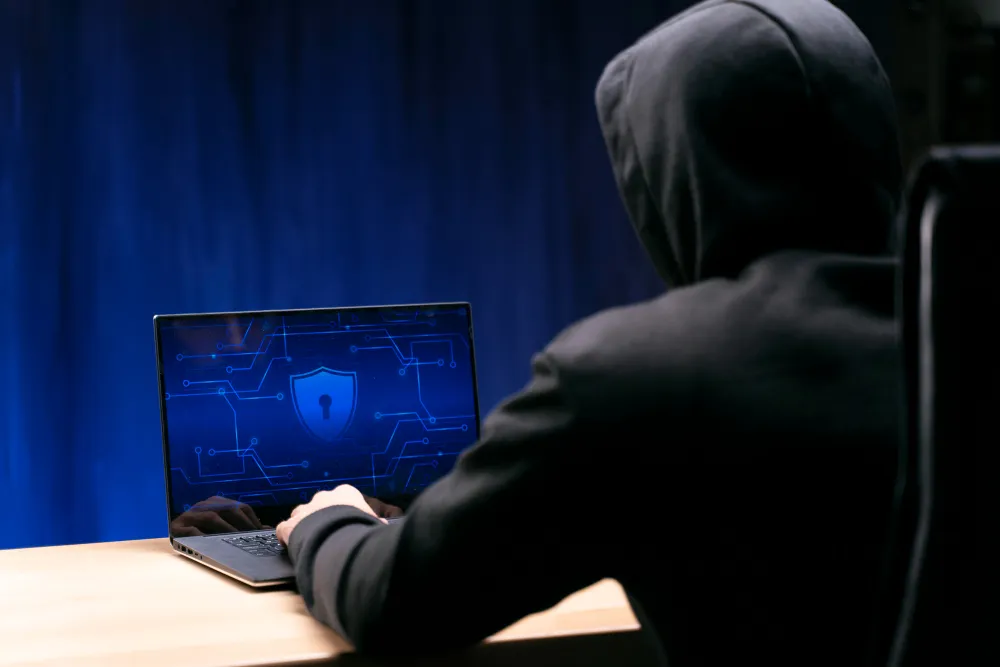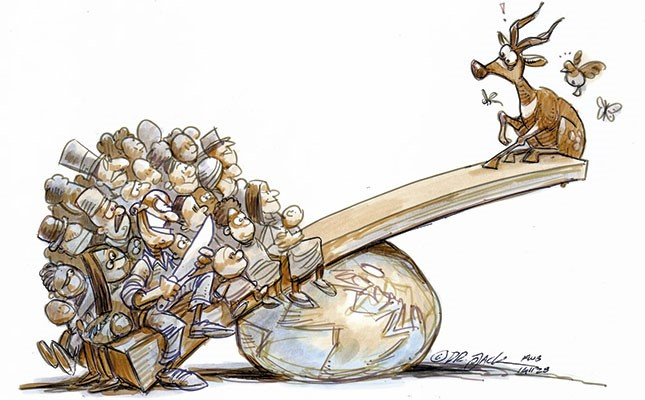In India, the Unlawful Activities (Prevention) Act, commonly known as the UAPA, stands as a pivotal legislation in the realm of national security. Enacted in 1967 and subsequently amended, the UAPA empowers the government to combat terrorism, insurgency, and other unlawful activities. However, it has also stirred debates regarding its potential to encroach upon civil liberties and human rights. The UAPA provides a legal framework for the prevention of unlawful activities and the establishment of special courts for speedy trials. It allows the government to proscribe organizations as “unlawful” and individuals as “terrorists.” Moreover, it enables the detention of suspects without charge for a prolonged period.
The Act broadens the definition of “unlawful activities” to include acts that threaten the sovereignty, integrity, or security of India. Critics argue that this expansive definition can be used to stifle dissent and target political opponents. Furthermore, the provision for pre-trial detention has drawn criticism for its potential for abuse, leading to concerns about due process and fair trial rights.
Impact on Civil Liberties:
Cases like those of activists, journalists, and dissenting voices being charged under the UAPA have raised concerns about its impact on civil liberties. Critics argue that it creates a chilling effect on free speech and political dissent. The disproportionate use of the Act against marginalized communities and minorities has exacerbated these concerns, leading to calls for reform.
The Stan Swamy Case:
The recent case of Stan Swamy, an octogenarian Jesuit priest and social activist, has brought renewed attention to the UAPA. Swamy was arrested in connection with the Bhima Koregaon case, sparking outrage and international condemnation. His detention and subsequent death while awaiting trial have highlighted the need for greater scrutiny of the Act’s implementation and its implications for human rights.
While national security is undoubtedly paramount, it must be balanced with the protection of civil liberties and human rights. The UAPA’s provisions should be applied judiciously and in line with constitutional principles. Moreover, safeguards against misuse and abuse must be strengthened, including robust oversight mechanisms and judicial review of detention orders. The Unlawful Activities (Prevention) Act represents a complex intersection of security imperatives and civil liberties. While it serves as a crucial tool in combating terrorism and unlawful activities, its implementation must be tempered with respect for fundamental rights. The case of Stan Swamy underscores the urgency of re-examining the Act and ensuring that it upholds democratic values and the rule of law. In navigating this delicate balance, India faces the challenge of safeguarding both its security interests and the rights of its citizens.
Ms. Jyothi Anand (Assistant Professor)










